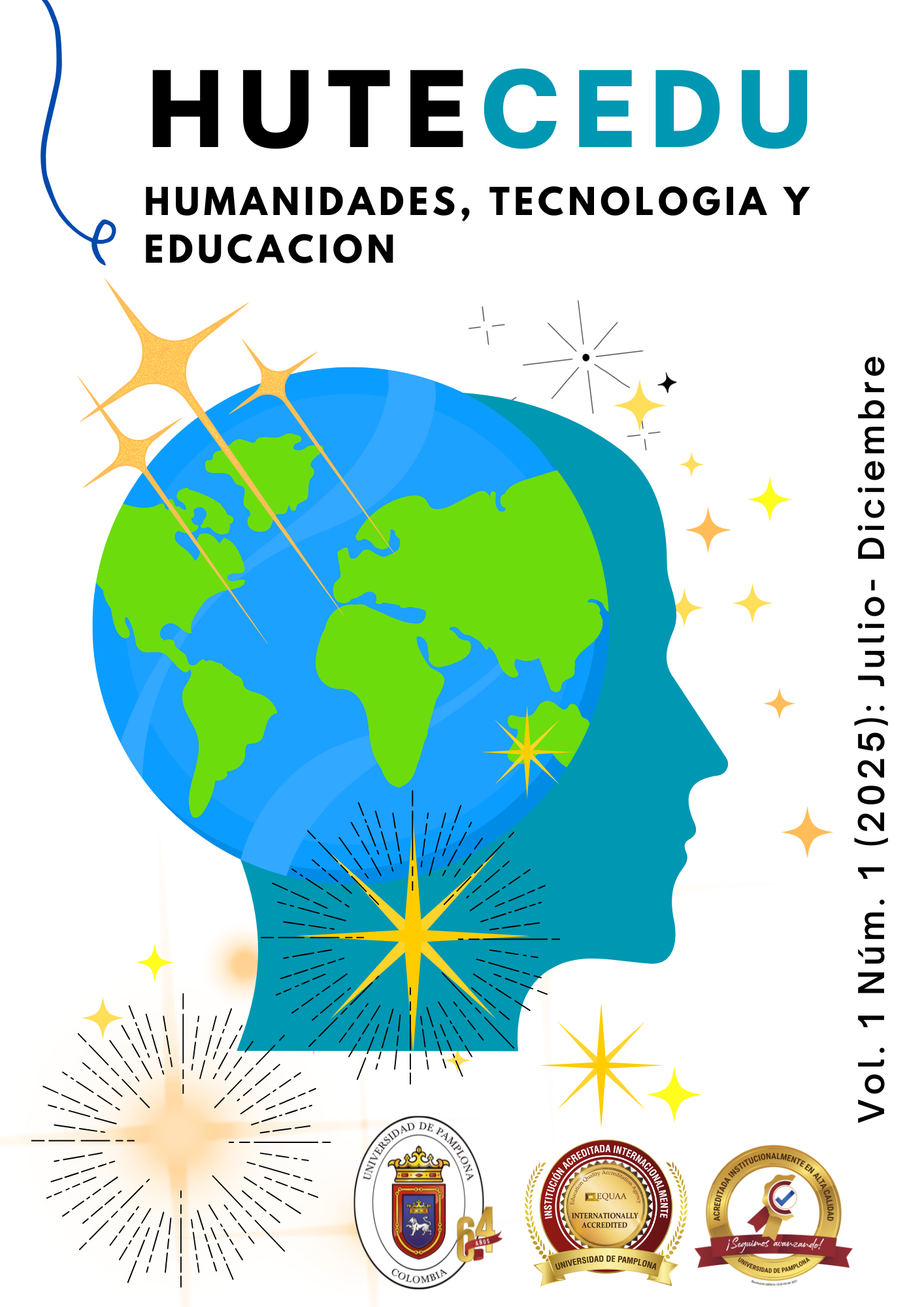The significant-heuristic model, a path towards conscious exploration of natural / cultural reality from categorical thinking and autonomous learning
Keywords:
categorical thinking, object of study, autonomous learning, heuristicAbstract
A path to significantly penetrate the object of study was proposed, from a socio-cultural, humanistic and categorical approach, the heuristic-significant model (HSM). It is based on theories and concepts such as meaningful learning, the development of thinking, the heuristic function, heuristics, the investigative process, the educational process, the conceptual pedagogy and logical methods. A significant-heuristic method, of categorical character, was formulated, with certain characteristics of the object of study such as culturality, complexity, particularity, situationality, interaccionality, transformability, implicability and globality. With the application of the model, it is intended to describe, interpret, explain, argue, generalize and propose ways of conscious inquiry, that contribute to the generation of relevant cultural codes in the academic and research environment, with an epistemological, ethical and productive rigor similar to the tutorial support. It was concluded that the heuristic-significant model is a strategic way to serve the human being as a builder of culture, innovation and change; it is useful to promote autonomous learning, as required in academic practice and research; and favors the critical, rational and conscious thinking of the cultural doing and recognizing its implications in an environment that tends to be more sustainable every day.
References
Ausubel, David. Psicología educativa. Un punto de vista cognoscitivo. México: Trillas, 1976.
Bruner, Jerome. Acción, pensamiento y lenguaje. Madrid: Alianza, 1984.
Fortalecimiento de infraestructuras educativas críticas: un enfoque de Red Team y metodologías avanzadas para la evaluación de vulnerabilidades. (2025). REVISTA COLOMBIANA DE TECNOLOGIAS DE AVANZADA (RCTA), 1(45), 159-169. https://doi.org/10.24054/rcta.v1i45.2966
Halliday, M. A. K. Exploraciones sobre las funciones del lenguaje. Barcelona, España: Médica y Técnica, 1982.
López, Amando y Vanegas, Doris. “El conocimiento del texto lingüístico y su trascendencia en la Didáctica de la Lengua y la Literatura”. Bordón, Volumen 57. Número 3 (2005): 397-405 p.
López, Amando, Vanegas, Doris. y López, María. “Una competencia Texto-lingüística en permanente desarrollo”. El Guiniguada, vol15-16 (2007): 31 – 42 p..
Estrategia didáctica hacia la comprensión lectora y resolución de problemas trigonométricos a través del método heurístico de Polya. (2022). REVISTA COLOMBIANA DE TECNOLOGIAS DE AVANZADA (RCTA), 2(40), 7-14. https://doi.org/10.24054/rcta.v2i40.2341
Novak, Joseph D. y Gowin, D. Bob. Aprendiendo a aprender. Barcelona: Martínez R.. 1999.
Pérez, Gloria. Investigación cualitativa. Retos e interrogantes I. Métodos. Madrid: La muralla, 1994.
Ramón, A., Vanegas, D., Monroy, N. & Castellanos, Y. (2020).Instrumentalización Correlacional para el Desarrollo del Pensamiento de Estudiantes de Preescolar y de Primaria desde la Formación del Espíritu Investigativo y de la Comprensión Textual. Revista Tecnológica-Educativa Docentes 2.0, 9(2), 108-118. DOI: https://doi.org/10.37843/rted.v9i2.153
Vanegas, D., Becerra, J.S. y Ramón, J.A. (2020). La formación investigativa del docente. En: C.J. Mosquera, D.F. Silva y S.E. García. Reflexiones metodológicas y epistemológicas en torno a las prácticas pedagógicas contemporáneas. p.35 – 62, Colombia, 2020, Editorial Universidad de Pamplona. ISBN: 978-958-53020-2-0.
Vanegas, Doris y López, Amando. Experiencia didáctica en el desarrollo de la competencia textolingüística como orientadora de la lectura y la escritura (estudio experimental). Diexpe. Experimenta Pedagógicamente, Volumen 5. Número 6 (2005): 15 – 24 p.
Vanegas, Doris y López, Amando. Heurística de una didáctica general. Diexpe. Experimenta Pedagógicamente, Volumen 5. Número 7 (2005): 15 – 27 p.
Vanegas, D., Ramón, J. A. & Valencia, J. D. (2015). Aplicación del Modelo Heurístico Significativo en la interpretación de la cultura ambiental. Revista Face, 15 (2), 107 – 116. DOI:
https://doi.org/10.24054/01204211.v2.n2.2015.1913
Vanegas, D. y Ramón, A.A. (2019). Categorías culturales en la instrumentalización del proceso lector y escritor. Revista Enunciación, ISSN: 0122-6339 (I) y 2248-6798 (E), 24 (2), p. 267-275. DOI: http://doi.org/10.14483/22486798.14137
Vygotsky, Lev. Pensamiento y lenguaje. Barcelona: Paidós, 1995.
Zubiría, Miguel de y Zubiría, Julián de 1996. Biografía del pensamiento
Downloads
Published
Issue
Section
License
Copyright (c) 2025 Humanities, Technology and Education Journal

This work is licensed under a Creative Commons Attribution-NonCommercial 4.0 International License.









